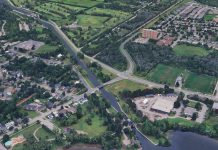
Igniting. Linking. Enriching.
There’s good reason those three words figure prominently in the promotion of the upcoming Trent-Severn Waterway Trail Towns Workshop presented by Kawarthas Northumberland.
Each word speaks directly to the interactive gathering’s central goal: igniting the tourism economy, linking people and places, and enriching the Trent-Severn Waterway experience.
Set for Tuesday, November 29th from 9:30 a.m. to 2:30 p.m. at the Peterborough Golf and Country Club (1030 Armour Road, Peterborough, 705-743-5010), the free workshop features two dynamic guest speakers: Cycle Forward founder Amy Camp, and author/experiential development consultant Harvey Sawler.
“When you say ‘Trent-Severn’ to Canadians, there’s a bit of a stare,” Sawler says. “People don’t really understand what it means. Whereas if you say ‘Rideau Canal,’ everybody has sense of what that means.”
“We want to make sure the Trent-Severn becomes a household word. One of the ways to achieve that is through enhancing the trails and related experiences. What are the culinary experiences? What are all the other elements connecting the towns associated with the waterway?”
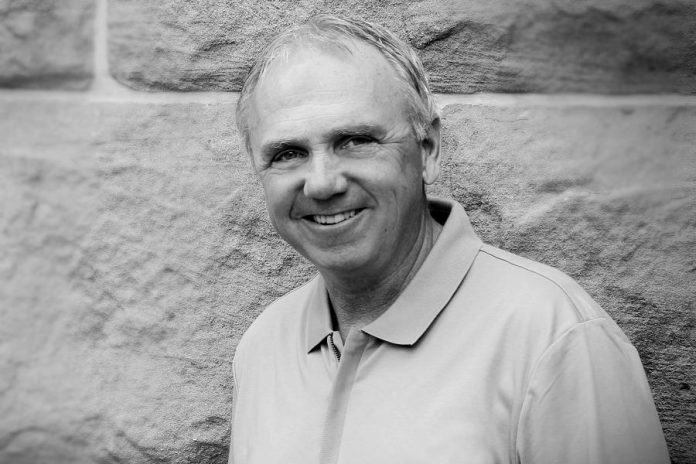
Sawler certainly knows of what he speaks. Since forming his iImagine consultancy in 1998, he has created strategies for numerous clients, tourism-related and otherwise. Parks Canada properties — Cape Breton Highlands National Park, Point Pelee National Park, and Banff National Park are but a few — have moved forward with strategies, studies, branding outcomes and experiential plans Sawler helped to develop on their behalf.
In the case of the Trent-Severn Waterway and related features, he says identifying “unique selling propositions” is key.
“There isn’t a spot in North America that doesn’t have a pretty good trail network, so you need to have experiences that are rich and memorable,” he says. “There needs to be a more powerful definition of what the Trent-Severn is — what its core value in Canada is. That needs to rise to the surface.”
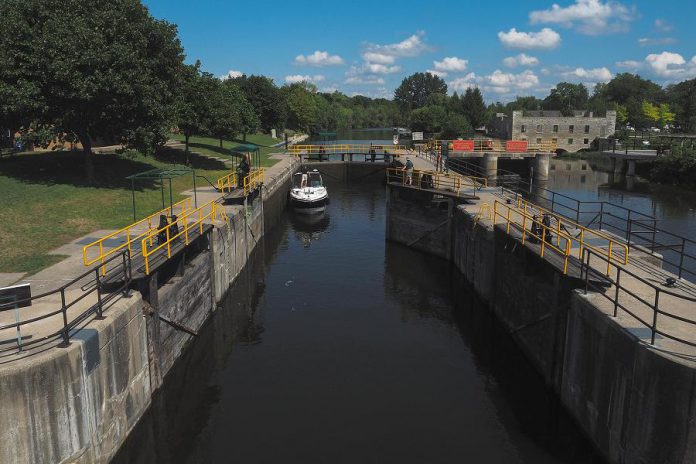
As an example, Sawler points to a canal-bordering trail in Pennsylvania near where co-speaker Amy Camp lives. Part of that trail is in the form of a preserved path that, way back in the day, oxen walked as they towed boats through the canal.
“That’s pretty unique,” Sawler explains. “People generally know they’re not going to find anything else like that in North America. At the core, you have to have a unique selling proposition.”
In Amy Camp, workshop organizers will introduce participants to one of North America’s leading proponents of the value of community-linking trail systems. Via Cycle Forward, Camp helps communities fully embrace and capitalize on trail-related tourism and recreation opportunities.
“A lot of my work has to do with helping visitors connect to the places they visit, allowing them to really engage in a place and experience it,” Camp explains. She plans to arrive in the Kawarthas Northumberland region well ahead of the workshop, to give her time to explore the Trent-Severn Waterway and communities along its path.

“Trails connect communities — if we let them,” she says. “Although I’ve not seen the waterway yet, it sounds like a spectacular resource that’s well used. But there’s still opportunity to do more with it and help communities along the way benefit from that recreation.”
Like Sawler, Camp also knows of what she speaks. She helped launch America’s nationally recognized Trail Town Program in 2007. The program’s mission is working with tourism professionals and small business to re-think trails as they relate to tourism opportunities, as well as educating on the value of that connection.
Working with small towns across western Pennsylvania and neighbouring Maryland, the Trail Town Program strives to ensure trail-bordering communities and businesses maximize the economic potential of trails.
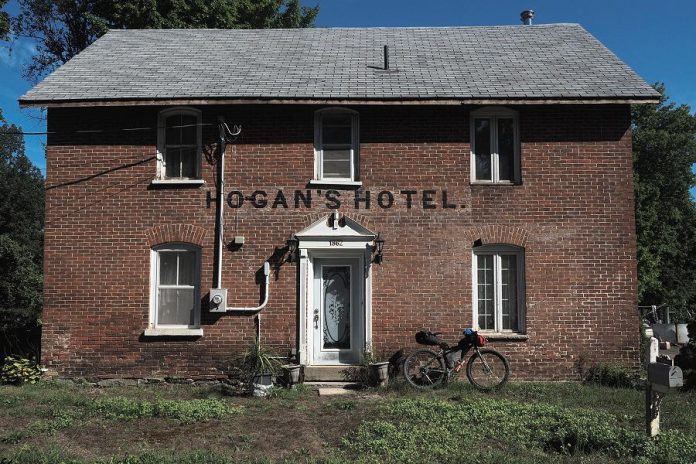
“It’s the kind of program that can work for communities along a trail who want to better connect to that trail and provide services to visitors, while taking local ownership to make sure it’s a resource for residents as well.”
“A trail doesn’t always go right through town,” she adds. “It skirts the town a lot of the time. Sometimes there’s a tangible physical thing, like a connector trail, bike lane, sidewalks, or an information kiosk that includes a town map and what kind of services they’ll find.”
“For visitors, there’s a decision to be made: whether or not it’s worth it to go into town. How do we entice them into the community? I imagine those same kind of decisions have to be made by boaters using the waterway.”
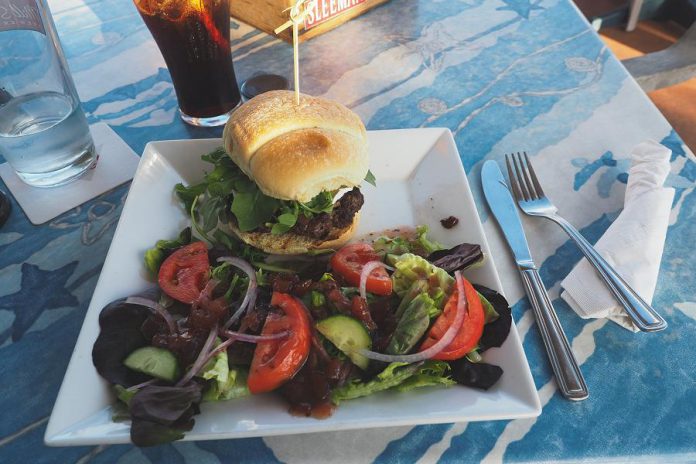
On a personal level, Camp says she’s inspired by two things: nature and working with communities to understand what makes them special and how they can share that with visitors.
Camp says the Trent-Severn Waterway is one big plus in favour of the Kawarthas Northumberland region.
“It’s not something that has to be built. It’s just a matter of leveraging it and making the most of it.”
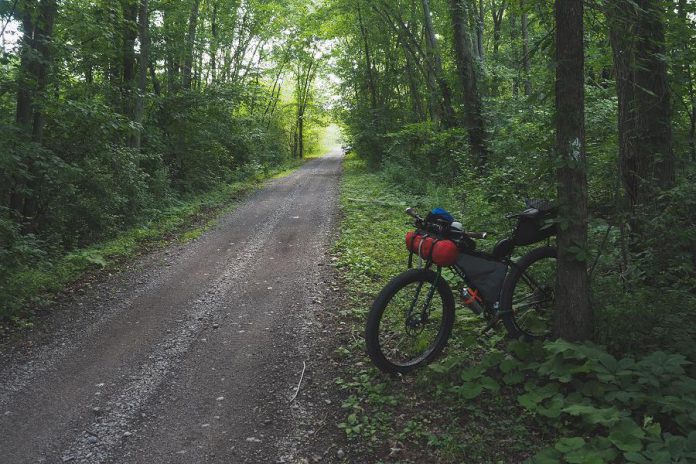
Meanwhile, Sawler’s participation in the Trail Towns Workshop will actually mark his second visit to Peterborough this month. On November 15th, he’ll lead a workshop at the Canadian Canoe Museum titled “Total Experiential Ownership”, sharing proven guiding principles, tools and formulas aimed at creating successful tourism experiences.
“The Canadian Canoe Museum has a great brand,” Sawler says. “They get the idea that you’ve got to spend time building your product.”
For the Trail Towns Workshop, Sawler says that he and Camp will facilitate a local discussion about practical ideas rather than marketing.
“One of the number one afflictions in Canadian tourism is that people spend too little time in the laboratory and too much time thinking about the marketing. The processes I’m involved in are all about ‘Let’s spend more time in the lab’ and figure out what’s the formula to make the Trent-Severn a deeper, richer experience. There is any number of answers to that. That’s why we need local people in the room. Amy and I can just give the best practice story — we can’t give the local story.”
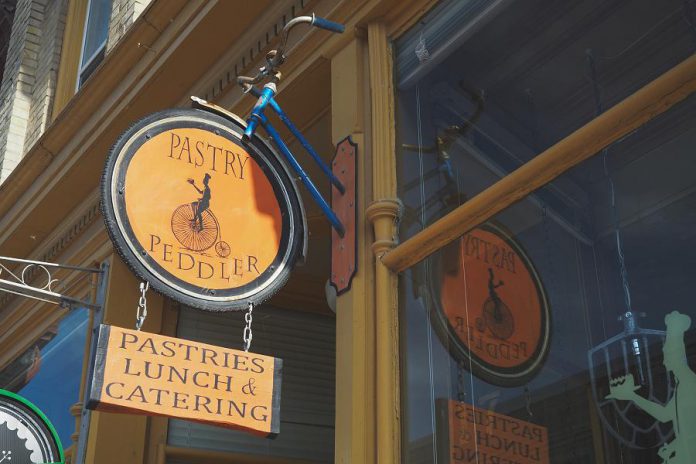
Sawler also cautions that there’s no quick fix; the initiatives and opportunities that he and Camp will review at the workshop take time to develop.
“My key message is you’ve got to spend the time in the lab,” he says. “You’ve got to build the product. You’ve got to get the formula right before you start worrying about the marketing and all those other more immediate gratification aspects. Spend more time in the lab to figure out what the products and experiences should be.”
For more details and to register for the free Trent-Severn Waterway Trail Towns Workshop, visit rto8.com/linkingtsw/.
Regional Tourism Organization 8 (RTO8) is funded by the Ontario Ministry of Tourism, Culture and Sport (MTCS) to promote regional tourism activity in the area that is now branded as Kawarthas Northumberland. RTO8’s mission is to support a competitive and sustainable tourism industry, attract visitors, generate economic activity and create jobs within the region that encompasses the City of Kawartha Lakes, the City and County of Peterborough and the County of Northumberland. For more information, visit rto8.com.
Except where noted, all photos are courtesy of Miles Arbour. This past summer, Miles cycled the Central Ontario Loop Trail, a route of primarily rail trails that covers 450 kilometres including along the Trent-Severn Waterway. You can read about his experience on the Kawarthas Northumberland website.



